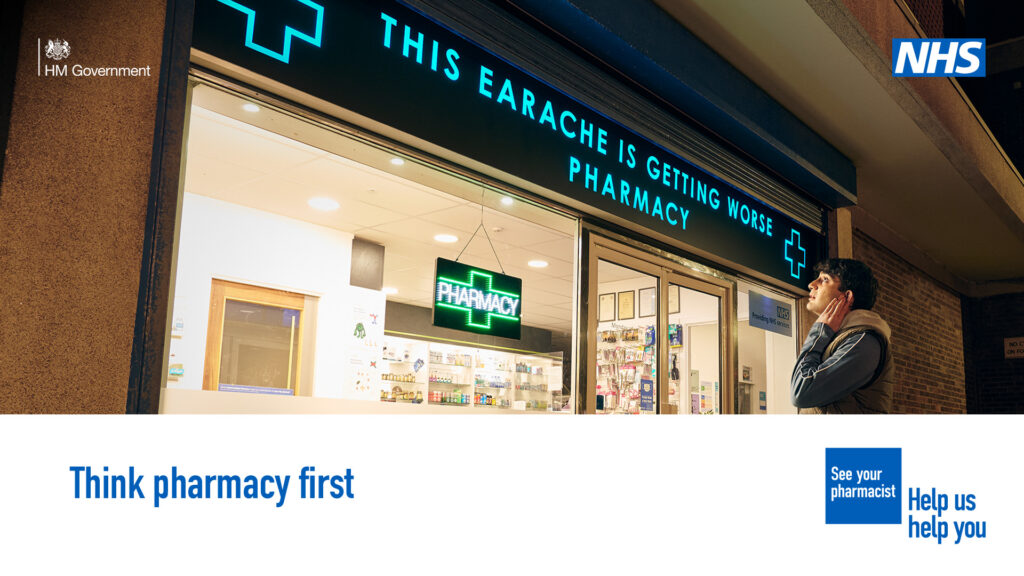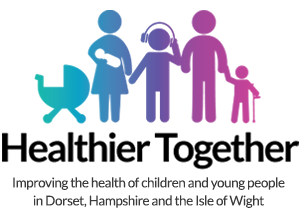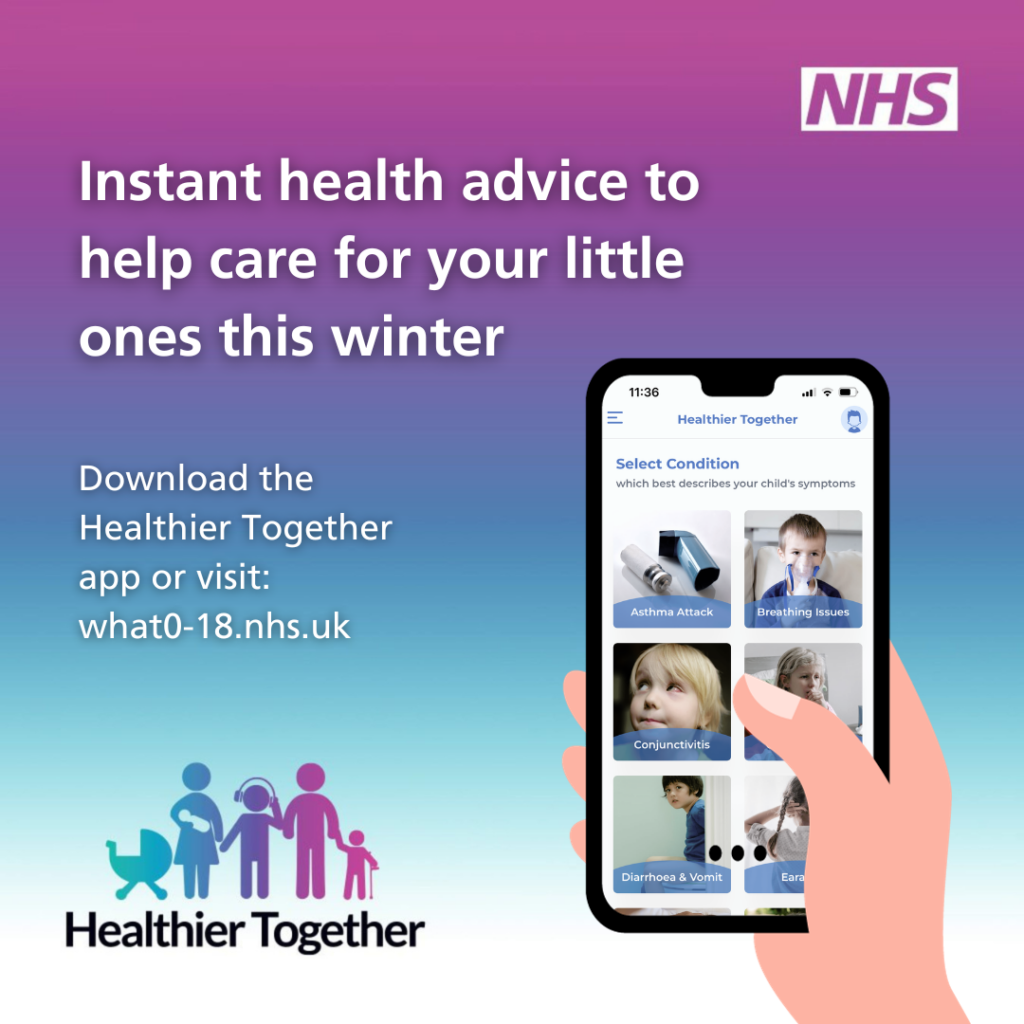Many of the enquiries we receive are about relatively mild health conditions. Often these will resolve with good self-care and treatment available at local pharmacies and supermarkets.
Here we provide information and useful resources on simple, self-care measures and details of appropriate NHS health care services if needed.
Managing pain at home
We are regularly asked by patients “What can I use for my pain?”. Doctors use the ‘painkiller ladder’ which includes many over the counter medications you might be able to try:
Non-urgent advice: Pain relief medication
This is generalist advice for adults only. If you have been advised NOT to take any of these medicines then please do not do so. Consult your pharmacist for advice.
Speak to your community pharmacist for more information about simple painkillers.
A simple guide to over the counter pain relief for adults
- Paracetamol – 500mg (up to 8 a day), 2 tablets four times a day
- Add in Ibuprofen – 400mg (one three times a day) in between paracetamol doses
- Switch Paracetamol for Co-codamol – 8/500 (up to 8 a day) – continue ibuprofen
- Increase Ibuprofen – up to 600mg (one three times a day alternating with co-codamol)
- If taking above regularly and still not improving, contact us or another health care professional
If you are using painkillers and your pain is not improving or you are experiencing long-term pain, you are advised to contact us or another health care professional.
Patients who would like more information about simple painkillers can discuss with their community pharmacist who will be able to share a wealth of information.
Non-urgent advice: Over the counter medication
Following NHS guidelines, we will not usually give you or your child a prescription for over the counter medicines that are already available to buy in a community pharmacy or supermarket – such as paracetamol, Calpol and hay fever antihistamines.
We recommend shopping around for good value painkillers, antihistamines, and cold/flu remedies. Unbranded generic versions of paracetamol, ibuprofen and allergy medication such as cetirizine and loratadine are just as effective as more well-known brands.
Discount stores and supermarkets usually stock these very cheaply.
Advice if your baby or child is unwell
Healthier Together
Most children will get better with simple medications, rest and time. If you are worried, we recommend using Healthier Together.
Healthier Together is for parents, young people and pregnant women. Advice is written by doctors, explains what to do to help your child and when you should contact a health care professional.
Download the Healthier Together app at the App Store or Google Play.
Non-urgent advice: Tip
Think Pharmacy First
Don’t wait for minor health concerns to get worse – think pharmacy first and get seen by your local community pharmacy team.
Your local pharmacist can can help with a range of minor illnesses. Clinical Pharmacists can supply medicines for many conditions, if appropriate, without the need for a GP appointment or prescription in a consultation at a time that suits you.
Pharmacists have the right clinical training to make sure you get the help you need. Going to your local pharmacy offers an easy and convenient way to get clinical advice on minor health concerns – you don’t need an appointment and you can be seen in a private consultation room.
These conditions include but are not limited to:
- earache (aged 1 to 17 years)
- impetigo (aged 1 year and over)
- infected insect bites (aged 1 year and over)
- shingles (aged 18 years and over)
- sinusitis (aged 12 years and over)
- sore throat (aged 5 years and over)
- urinary tract infections or UTIs (women aged 16 to 64 years).
For more information:

Self-referrals

If is possible to self-refer yourself for a variety of NHS services without needing a GP appointment.
You can self-refer the following health and support services:
- Alcohol and drugs problems – www.inclusionhants.org
- Child and Adolescent Mental Health Services (CAMHS) – hampshirecamhs.nhs.uk
- Incontinence (bladder & bowel) problems – Continence :: Southern Health NHS Foundation Trust
- Hearing tests and aids (audiology) – Scrivens Hearing Care for patients aged over 55 years of age.
- NHS Talking Therapies (for anyone struggling with feelings of depression or anxiety) – nhs.uk/talk
- Physiotherapy musculoskeletal (MSK) service – Physiotherapy :: Southern Health NHS Foundation Trust
- Sexual Health: contraceptive and sexual advice – www.letstalkaboutit.nhs.uk
- Sexual Health: Vasectomy – www.midhampshirehealthcare.co.uk/vasectomy
- Stop Smoking – Smokefree Hampshire | Your Stop Smoking Service
- Gambling disorder – Southern Health Gambling Service
- Maternity services for pregnant women – SHIP (Southampton Hampshire IOW and Portsmouth maternity care
- Weight management for patients with a body mass index (BMI) of over 30 (or over 27.5 if from Black, Asian and Minority Ethnic (BAME) communities) – www.hampshire.gloji.org.uk
NHS 111
NHS Website
The NHS Health A to Z lists common illnesses, conditions and symptoms and treatments. Find out how best to treat minor illnesses and injuries including coughs, colds, headaches, hay fever, burns & scalds, cuts, grazes, animal bites, sprains, cold sores and minor head injuries.
NHS 111
If you need medical help now, use NHS 111 online or call 111.
NHS 111 online is for people aged 5 and over. Call 111 if you need help for a child under 5.
Urgent and Emergency Services
Accident and Emergency (A&E) is for serious injuries and life-threatening emergencies only.



